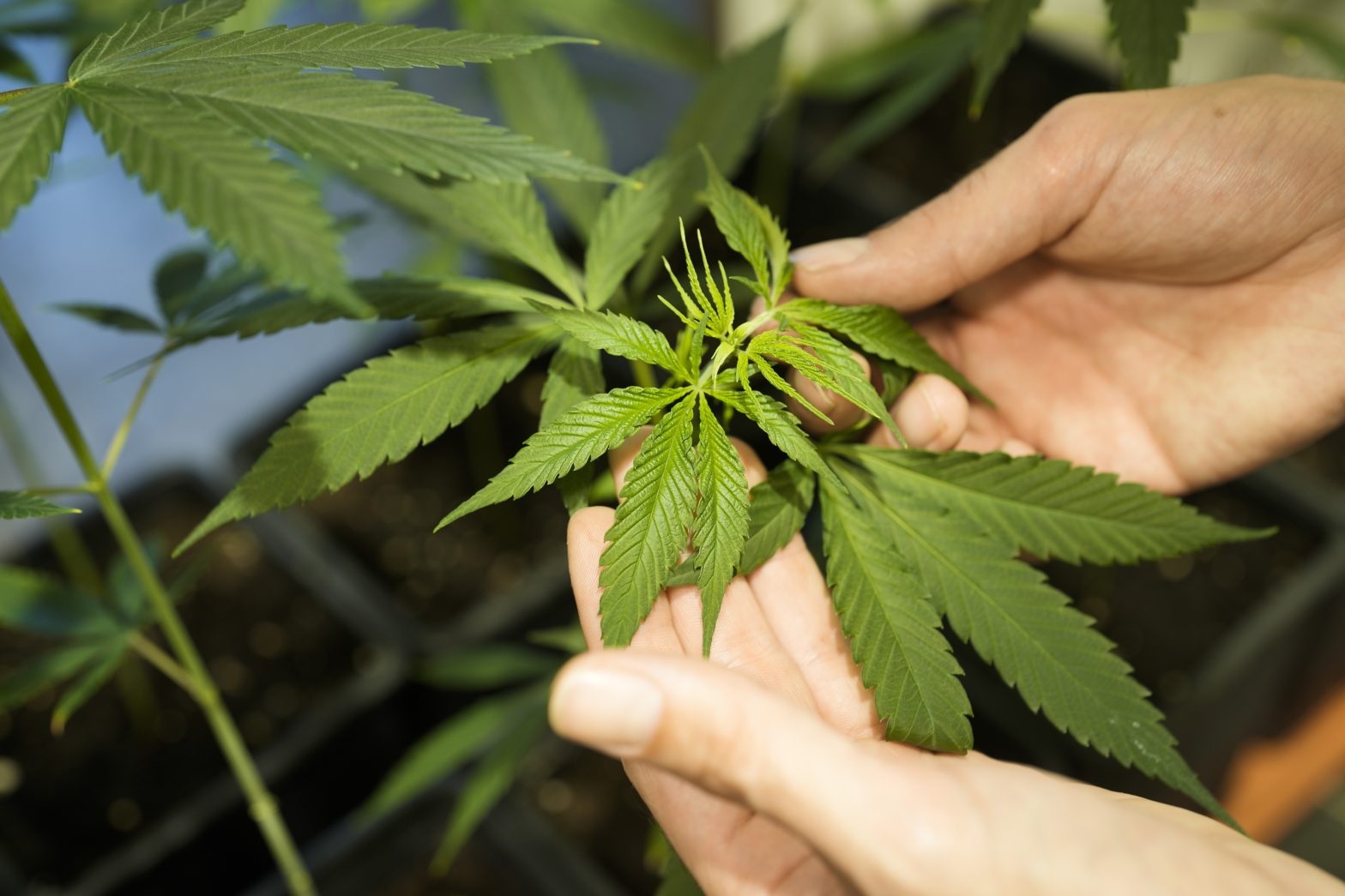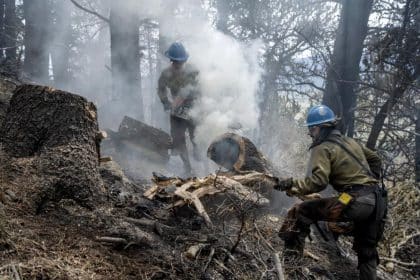Pay More, Get Less: The SAFE Banking Act Overpromises and Under Delivers
COMMENTARY

On its face, the SAFE Banking Act, the bill that would permit financial institutions to do business with cannabis companies, would seem to solve a major problem for the nation’s burgeoning cannabis industry.
Operators have for years been hamstrung by federal regulations that make it difficult, if not impossible, to access traditional banking services. Cannabis is a lawful substance for a strong majority of Americans, and the lack of access to simple banking services was a problem for operators long before the United States became a marijuana-majority country. This problem isn’t new, and righting this wrong is the lowest of the low-hanging fruit for policymakers.
So, one would think that, given the obviousness of the problem and the consistent failure of regulators to fix it themselves by rescheduling cannabis, there would be consensus among lawmakers to step up and support an industry that has enormous bipartisan popularity and adds to state tax revenue.
That is not the case. Our review of the bill reveals that the SAFE Banking Act is woefully deficient. It is not a serious, good-faith attempt to help the cannabis industry, which is dominated by small businesses operating on thin margins, competing hard for market share in a regulatory no-man’s land.
If a policymaker wanted to be able to say to constituents that they’ve supported a bill meant to help the cannabis industry without really supporting the cannabis industry, then this is the bill they’d write. It is a performative exercise with little substance.
Banking reform for cannabis companies is not a trivial issue unworthy of congressional action.
There is compelling evidence that cannabis dispensaries are robbed with alarming frequency because of the large amount of cash they are forced to keep on hand. For instance, a 2015 analysis by the Wharton School of Business Public Policy Initiative found that, in the absence of being banked, one in every two cannabis dispensaries was robbed or burglarized, with the average thief walking away with anywhere from $20,000 to $50,000 in a single theft. The finding was referenced in a 2019 Senate Banking Committee hearing on cannabis banking.
Last month, Mastercard moved to ban cannabis-related transactions from its payment rails, which will further push cash into these businesses. Visa, which last year cracked down on so-called cashless ATMs that cannabis businesses commonly use to process payments, may act further to insulate itself from these transactions. Meanwhile, retail sales for cannabis are expected to reach $33.6 billion in 2023, according to an analysis by MJBizDaily. Billions of dollars are just sitting in dispensaries, in cash, and it’s tough to overstate how appealing that is to thieves.
There are many problems with the SAFE Banking Act, but they boil down to a lack of clarity, a lack of reform and a lack of incentives.
First, the act does not address section 280E of the IRS code, which prevents cannabis businesses from deducting business expenses from their taxes. This restriction is the biggest barrier preventing the many cannabis businesses that operate lawfully from growing and scaling. If part of the rationale for the SAFE Banking Act is to create better access to capital, then it should start with ensuring cannabis and cannabis-adjacent businesses can capture the same tax write-offs as other lawful businesses.
The act, as written, also fails to force new financial regulatory guidance that would apply to cannabis businesses. What this means, broadly speaking, is that banks would still face severe administrative burdens, such as the mandated filing of myriad Suspicious Activity Reports, if they choose to do business with cannabis and cannabis-adjacent companies.
Absent reform in this area, this administrative headache would on its own dissuade banks from doing business with cannabis companies. Just because they can doesn’t mean they will, because there is also nothing in the act that provides a sufficient incentive for banks to serve businesses in the space.
What could those incentives be? Tax incentives and grants, for starters. Many pieces of legislation use those mechanisms to push banks towards behavior that lawmakers want. After a century of being unfairly vilified by political actors, many cannabis advocates are not interested in equality.
The industry deserves policies that actively and deliberately create advantages for cannabis.
Without providing incentives to ensure banks will actually provide services, the SAFE Banking Act as written will only maintain the status quo, which is failing lawful cannabis businesses. Passing it without correcting this deficiency would create the illusion that the problem is solved, slowing down real progress.
Alex Milligan is co-founder and CMO of NuggMD, the largest telehealth platform for cannabis. He can be reached by email and on X (formerly known as Twitter).
























